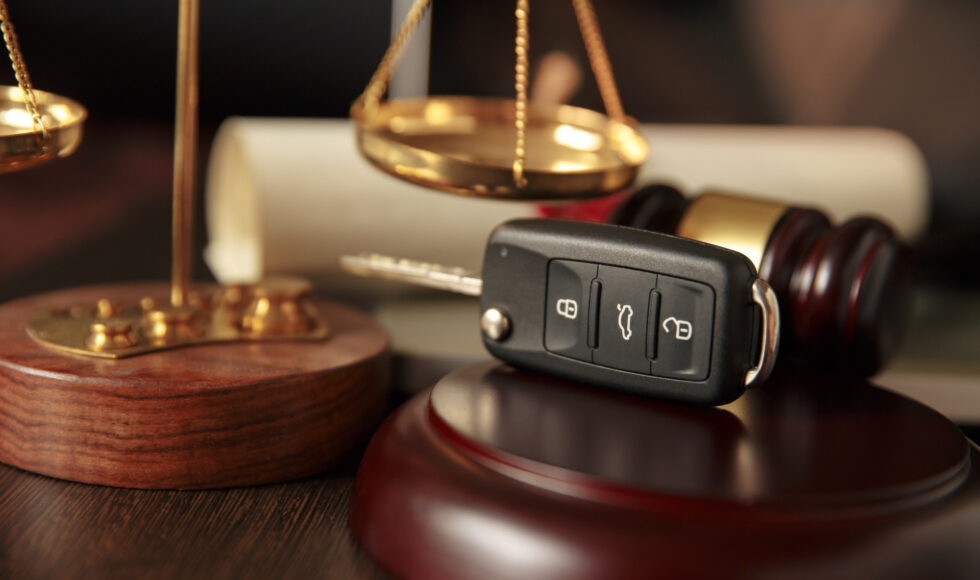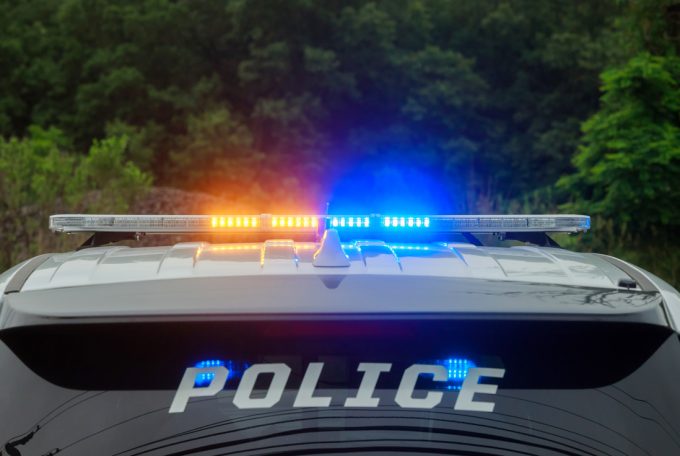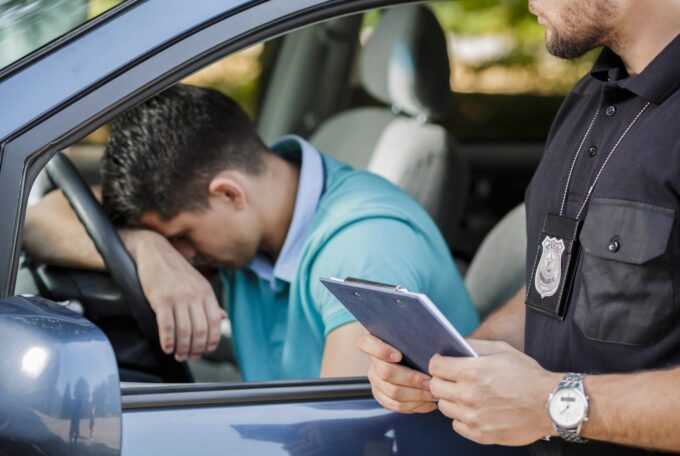Pay the Ticket or Fight It In Traffic Court?
Are you wondering whether or not you should pay the ticket or fight it in a traffic court? Well, you’re in the right place.
In premise, it’s so much easier to simply pay the ticket and be on your way. However, that’s not always the right thing to do, especially if you’ve been taken advantage of.
To determine whether or not you should fight a ticket, there are some things to consider. In this article, we will cover everything you need to know so that you can make an educated decision.
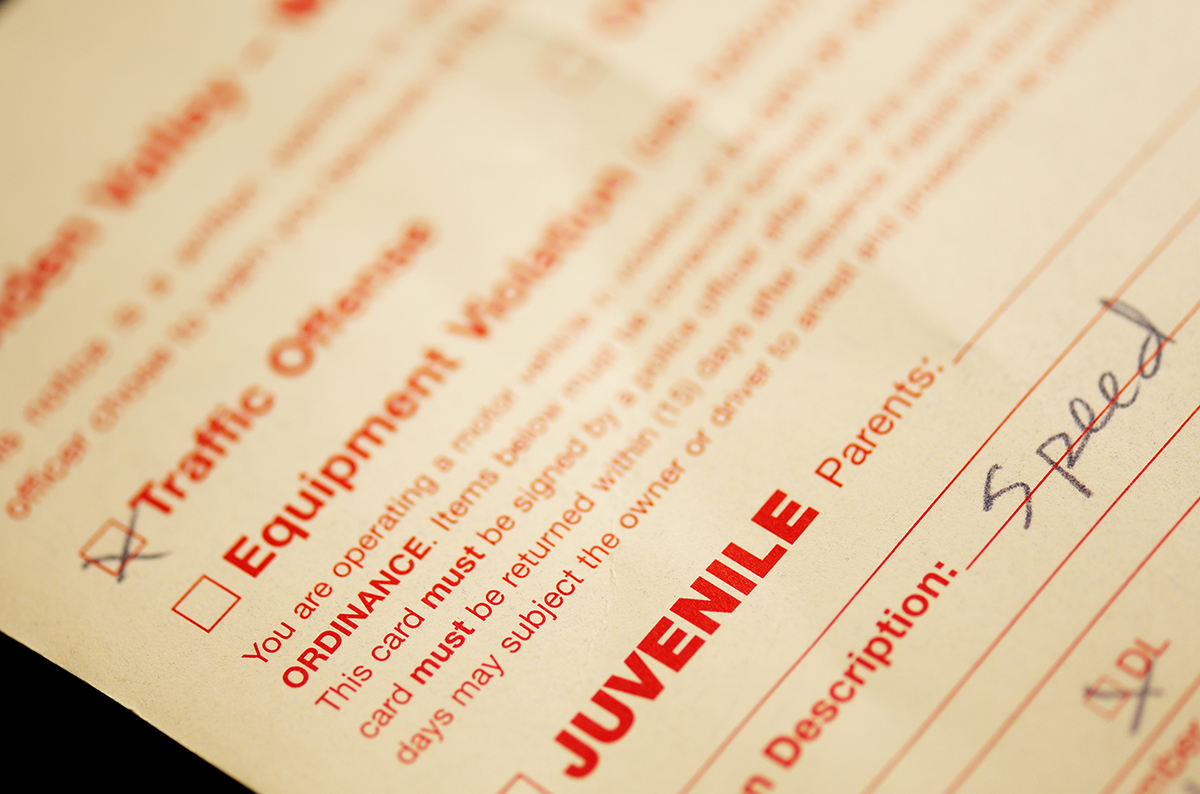
Research the Law to Be Sure
Police officers are not perfect, and many of them don’t really know the precise wording of the law. And the precise wording of the law is what separates somebody who can win a case and who can’t.
Many laws are convoluted and it’s quite common to find that what you did was not a violation of the precise wording from that statute. If you’re looking to fight a ticket in traffic court, determine this:
What are the parts of the offense that I am charged with committing? For instance, in many states, the law preventing U-turns reads along the lines of:
No entity in any residential region shall conduct a U-turn when any other vehicle is on the approach from either direction within 200 feet. Except for at an intersection when the vehicle on the approach is under control by the official control device for traffic.
When reading this law, one must break it into parts for each clause.
No entity in any residential region; shall conduct a U-turn; when any other vehicle is on the approach from either direction within 200 feet. Except for at an intersection; when the vehicle on the approach; is under control; by the official control device for traffic.
By zeroing in on each part of the law, one is penultimately extending their ability for a reasonable defense.
To Be Found Guilty
To be found guilty of breaking this law, the state must prove without a doubt that you have violated the terminology extended within the statute.
This means that the governing force must prove that you were:
- Operating the vehicle in a residential region
- You have conducted a 180-degree turn
- Any vehicle was approaching within 200 feet, behind or in front of you
- An official control device was not controlling the vehicle on the approach
If you can prove that your actions have not violated even a single part of this law, your defense is impenetrable. For instance, if you were ticketed outside of a residential region, or the officer claims the vehicle to be further than 200 feet, or you were at the intersection controlled by the device, you should have three defenses to assist your status of non-guilty.
The question is whether or not a judge will follow suit with the technicalities of law? And the answer is yes. It’s the word-by-word, technical reading of the law that all judges and lawyers learn in school. There is no other approach to law.
The American legal system is built on the concept that you are innocent at all times until the government can prove without a doubt that you have broken a law that prohibited a well-defined action.

Think Of Other Potential Defenses for the Traffic Court
Even if you feel that you cannot challenge the law that you have been charged with breaking, it’s not the end of the world. You can ask yourself some questions that will help open up a potential venue for defense.
Was the view of the officer obstructed by stationary objects or moving vehicles? If so, you might argue that the officer could not have seen the alleged offense in the clearest manner.
Did the office have the right to stop your car? For instance, in heavy traffic, it’s very possible for an office to see one vehicle break the law, but stop another because they lost sight of the vehicle.
Were you charged with speeding when driving safely? In over 20 states, the law allows drivers to go faster over the posted limit as long as they can provide conditions that are safe enough to allow this.
Was there a provable error in the approach of the officer? When citing you for the law, did they correctly use a laser, reader, VASCAR, or pace your vehicle?
Does any other defense exist for the law you have been charged with breaking? For instance, if you are charged with driving too slow on the left side of a highway, you can use the defense of yourself planning to turn left.
In any case, it’s these minute details that can be outlined by a lawyer, which can make the difference between a lost cause and a successful case. Without the help of a lawyer, fighting a ticket in traffic court becomes harder.
If the Officer Does Not Show
No matter what defense you come up with, if the officer fails to show to the court, you automatically win the case. Don’t think this might not happen. For a variety of reasons, such as inconsistent scheduling, vacation, transfers, and lack of court notification—an officer can forget or deliberately not go to the hearing.
Here’s how to determine whether or not the arresting officer might show up:
If the case is serious, the officer is most likely to show up. If you and many others have been ticketed in the quota period for small speeding charges, the officer is unlikely to show up. However, if you were going 80 mph in a school district, they are most likely going to be there.
In a large county, an officer might choose not to show up to court because of the sheer distance to get there.
During the summer, an officer is less likely to show up because they are often on vacation. However, this also applies to any holiday season.
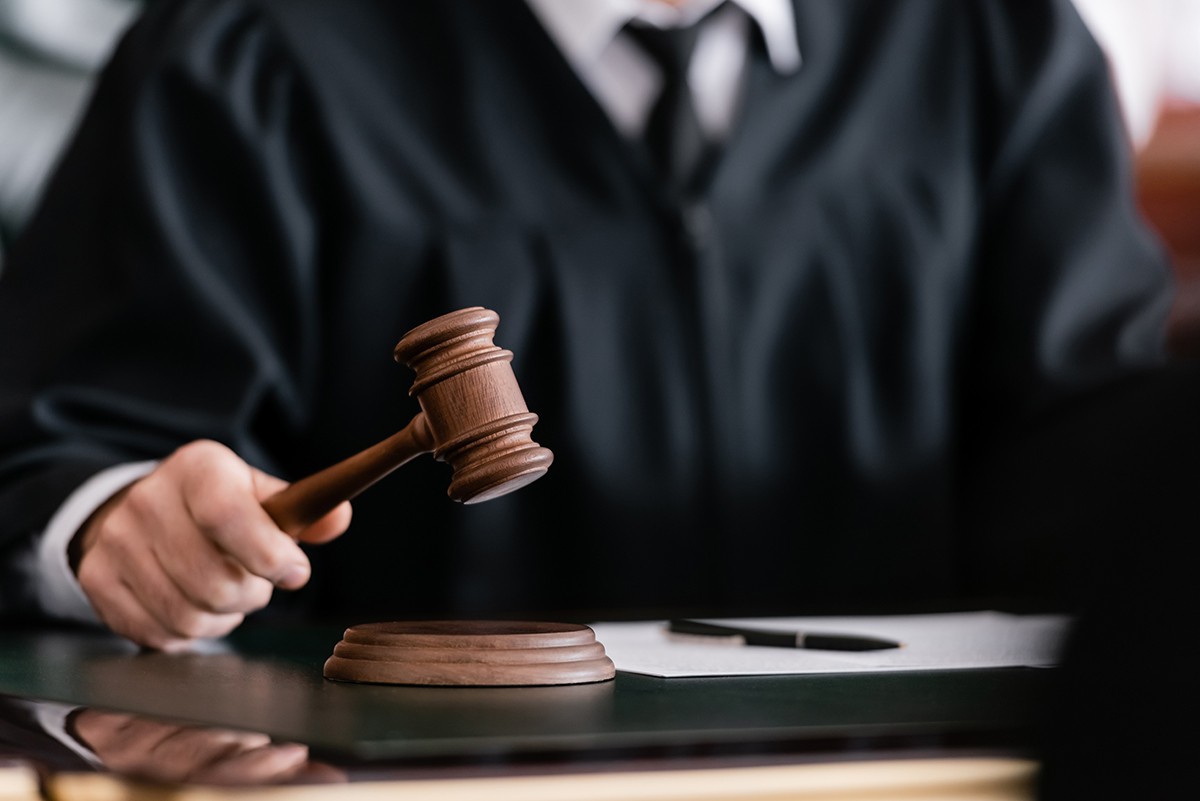
Speeding Defense for You
Now that you know how to decide whether or not to fight your ticket in traffic court, you are well on your way to getting this inconvenience behind your back. No matter what you choose to do, it will be the right thing to do.
If you’re interested in finding a plausible defense against your speeding ticket, get in touch with us and we will happily accommodate your needs.

